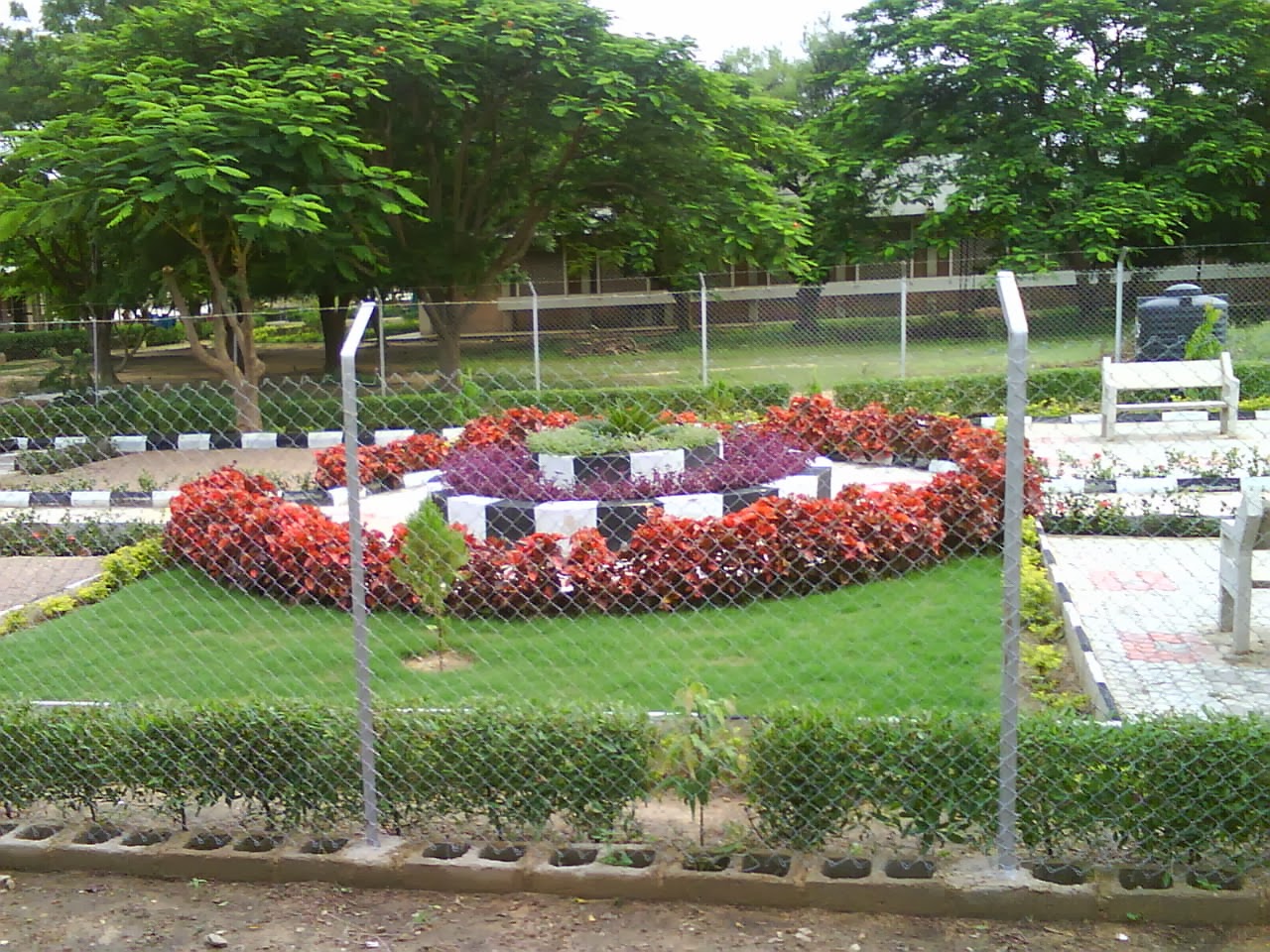THE POWER OF GRIEF: IN THEIR GRIEF, THEY FOUND A COURSE (PART 2) – MOHAMED BOUAZIZI AND THE ARAB AWAKENING!
It was once thought that a revolution was a
far-fetched idea in the Arab world. Many were of the view that the people in the
Arabic-speaking countries of Libya, Egypt, Syria and others
were too naïve to foster the notion of a rebellion. In these countries were
long-serving heads of states and presidents who lord it over their subjects.
Perhaps, these leaders were also of the view that their people were incapable
of leading movements that would lead to their ouster from power. For so many
years that was the case. Different small groups sought the removal of these
leaders from office but to no avail. But that was to end. One man changed the
social stereotypes of the Arab people. It was not an army general. It was not a
renowned academia or a social crusader. No, it was a street vendor in the name
of Mohamed Bouazizi.
He lost his father to a heart attack when he was
just 3 years of age. The mother later married one of his uncles. Along with his
six siblings, he studied in a one-room village school. He started working at
the age of 10 due to the poor health of the uncle who married his mother. He
left school when he was a teenager to work full-time to support his family. He
applied for jobs on several occasions with no success. He even wanted to enlist
in the army but his request was denied. He resorted to using a wheelbarrow to
sell small items like fruits and vegetables along the street in the area where
he lived. Just like what I witnessed in the streets of Benin
City where I schooled years ago, Bouazizi became a target of the local
security personnel who constantly harassed him for a vendor’s permit. His items
were confiscated on several occasions. Things came to a head in the morning of
December 17th, 2010, when a group of local officials led by a female officer
physically assaulted Bouazizi, confiscated his weighing scales and tossed aside
his wheelbarrow. In anger, Bouazizi went to the administrative office to
complain and demand his scales back but no one granted him audience. Out of
sheer frustration, he went to a nearby fuel station, bought a can of fuel, came
back to the government office, stood in the middle of the road, doused himself
with the fuel and set himself ablaze, all the while saying, ‘How do you expect
me to make a living?’ He was rushed to hospital and 18 days later on the 4th of
January, 2011 he died on account of the severe burns he suffered during his
self-immolation. His death and funeral sparked giant protests and in a matter
of days those protests led to the end of the rule of Tunisian President, Ben
Ali, who had ruled his country for 23 years. Before long, the protests spread
to neighbouring Egypt and Libya with the ouster of their
respective long-standing rulers. Yes! What was once thought to be impossible
for years and decades came to pass in a matter of months.
(Specifics of this story was sought from
wikipedia.org)
Please, don’t concentrate on the manner of death of
Bouazizi. It’s abominable in almost every culture or religion to take your own
life. But this is not just about him or his manner of death. Remember we
defined grief in the first of these series as the ‘reaction to loss.’ Grief is
not just about the manner of loss but it has to do with the way we respond to
such loss. How did the Tunisians, the Egyptians, the Libyans and the rest of
the Arab world respond to the death of Bouazizi? Their reactions and the
consequent reverberations of those actions buttress the point: there is power
in grief. In their grief over the death of Bouazizi, his country men and women
found a course: the fight to make accountable those who created such an
intolerable environment of greed and corruption vis-à-vis oppression of the
disadvantaged majority of the population. You may not agree with the way they
responded any more you agree on the manner of Bouazizi’s death. Some may even
point to the uncertainties and insecurity in the region. But that is a subject
of a different discourse. My point is: in grief, the people in the Arab world
achieved in months what years and decades of other endeavours failed to
achieve. These people have suffered and endured the same system and injustices
for years and decades yet they did not revolt. Different activist groups and
individuals in those countries and abroad have tried several times without
success to galvanize the people to protests against their leaders. All these
efforts were abortive. In the end, it was a death and the grief and sorrow that
met with that death that led the people to find a course which led to the
overthrow of leaders who had outlived a generation in their hold of power. Yes!
In grief and deep sorrow, they found a course.
P.S. I wrote this piece a few days after the
unfortunate crash of the Dana Airlines plane in Lagos on the 3rd of June,
2012. – Dr. Eugene A. O
©Dr Eugene’s Column (http://dreugeneojirigho.blogspot.com/)
©Dr Eugene’s Blogs (http://dreugeneoji.blogspot.com/)




Comments